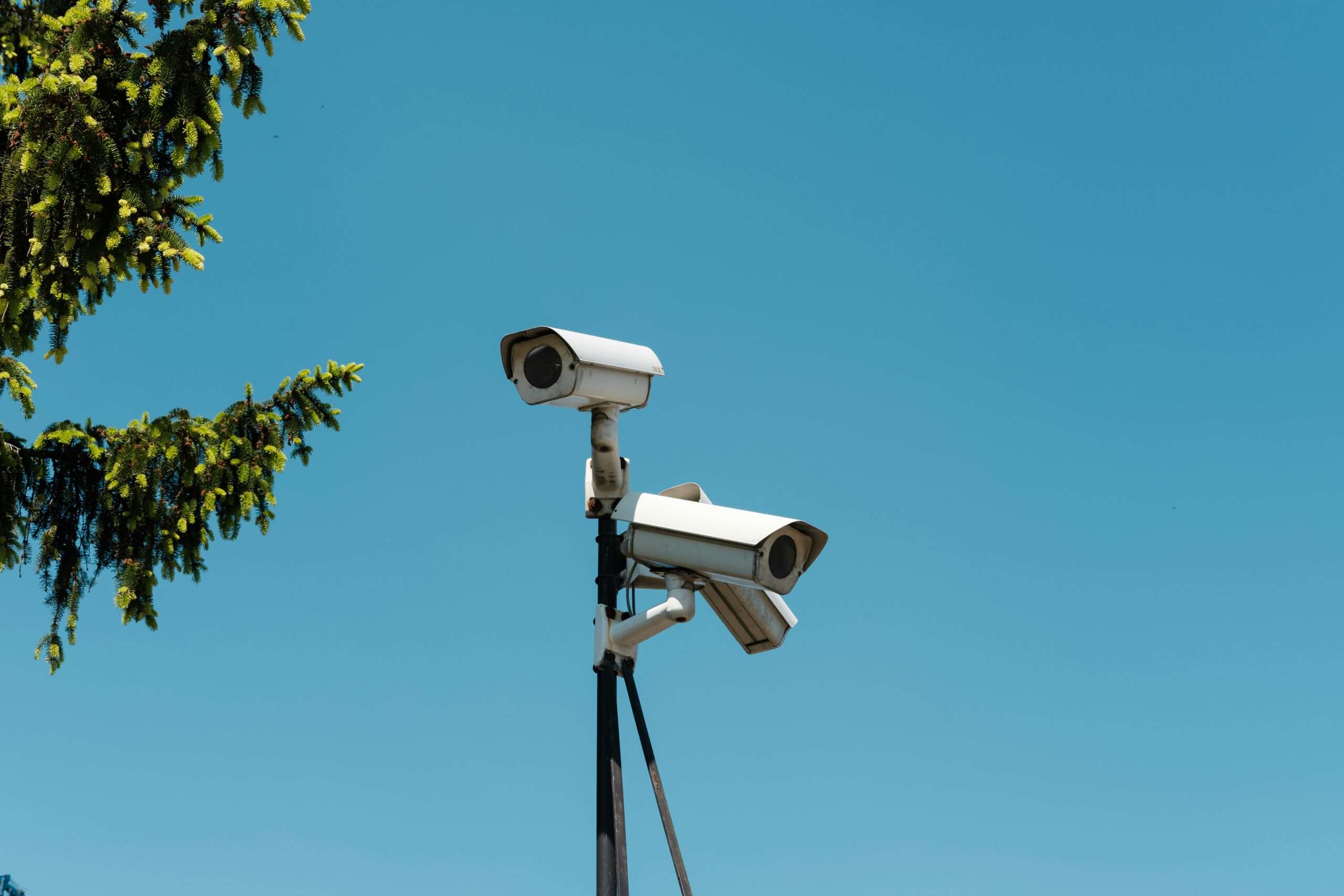A constant theme in dystopian films and novels is the idea of the omnipresent “surveillance state” – a terrifying world where the authorities watch our every move via a camera system on every street corner. How can we live our lives freely when the state is constantly monitoring our conversations, ready to take us away for some thought crime or indiscretion?
In George Orwell’s “1984,” Big Brother is constantly watching you. “If you want to keep a secret, you have to keep it from yourself,” the novel says. 75 years have passed since the publication of this book – and only 22 years since the release of “Minority Report,” which predicted a world in which criminal police arrested people based on their predictions of future crimes.
In this relatively short period of time, humanity has become accustomed to a level of technological intervention that was previously unimaginable. Most of us have mixed feelings about this. We have seen great advances in medicine, food production, manufacturing, and information, but our society has also built the infrastructure for a frighteningly intrusive government.
The Los Angeles Times recently reported on a city’s typical use of artificial intelligence: “On any given day, Long Beach residents are confronted with dozens of technologies that collect their personal data. … Police cruisers scan license plates. A camera records how many vehicles pass through an intersection. Smart water meters record each time a resident turns on their faucet. Beachgoers heading to the sand enter their license plate number and credit card information into a mobile app to pay for parking.”
This list is a hodgepodge of good and potentially worrying technologies. It’s hard to complain about smart meters, which are simply modern versions of the meters water utilities have used for decades to calculate usage fees. Technology can help government improve public services. We’ve all adapted to (and benefit from) the app-based world. There’s no going back to analog.
Most of us have also brought helpful technology into our homes (“Alexa, please tell me…”) and cars. I automatically get a Google Timeline email showing me exactly where I’ve been in the last month and how much time I spent walking, driving, or on the couch. This is the work of private companies that (usually) have no other intentions than to sell us things.
The problem – with or without high technology – revolves around the government and its access to and use of such data. It’s one thing for a parking company to scan my license plate to facilitate payment – but quite another for the city government to use such technology to track my movements or use questionable facial recognition technology to arrest me.
As the article noted, California has passed two groundbreaking privacy laws. Yet they seem so typical of our state, which is run by progressives who want to expand government and see private companies as the cause of all problems. These laws impose significant burdens on companies trying to develop and market innovative products. They do nothing to prevent governments from misusing information to undermine our civil liberties.
“In 2020, Long Beach and Pasadena came under scrutiny for sharing license plate reader data with Immigration and Customs Enforcement despite promises not to do so,” the article says. As a result, Long Beach has now developed a “digital rights platform” that, according to its website, “will increase transparency by providing residents with detailed information about the technologies we use and how the city uses the data we collect.”
The city deserves credit for promoting transparency, but as always, cities and other governments need strict limits on their ability to track our movements, store information, and monitor our behavior. We’ve seen the consequences of out-of-control government surveillance in countries as diverse as China and the U.K. Recent local examples should be enough to prompt legislative efforts to rein in local and state governments.
ReasonElizabeth Nolan Brown reported this month that police in the San Diego area are “building a creepy surveillance tower to keep sex sellers and sex buyers from meeting. The prostitution surveillance tower … will record video of anyone who happens to be in the area.” This is silly. Anyone who wants to engage in illegal activity will be smart enough not to do so in front of this massive structure.
The real concern is with less obvious but highly intrusive technologies. After all, police departments have a habit of overstepping the line on such matters. The ACLU reports on a case in Massachusetts where police installed a tiny video device on a utility pole to monitor a family throughout the day. That’s a better example of what we may be facing. That’s what’s so disturbing.
Technological advances are here to stay, but the key to curbing the “surveillance state” is to impose strict limits on government rather than focusing on corporations creating technological marvels. Once the dystopia arrives, it will be too late.
This column first appeared in the Orange County Register.

